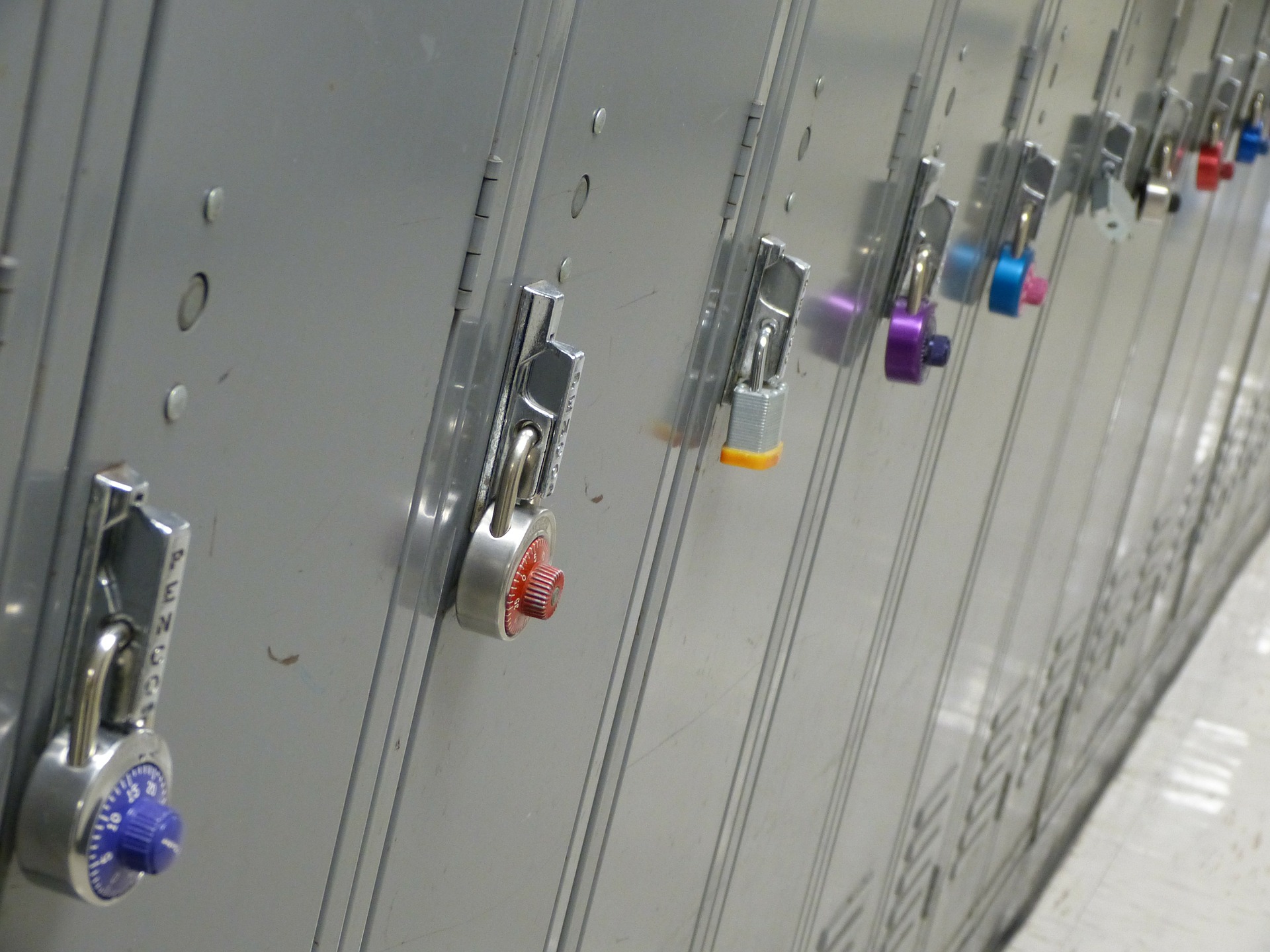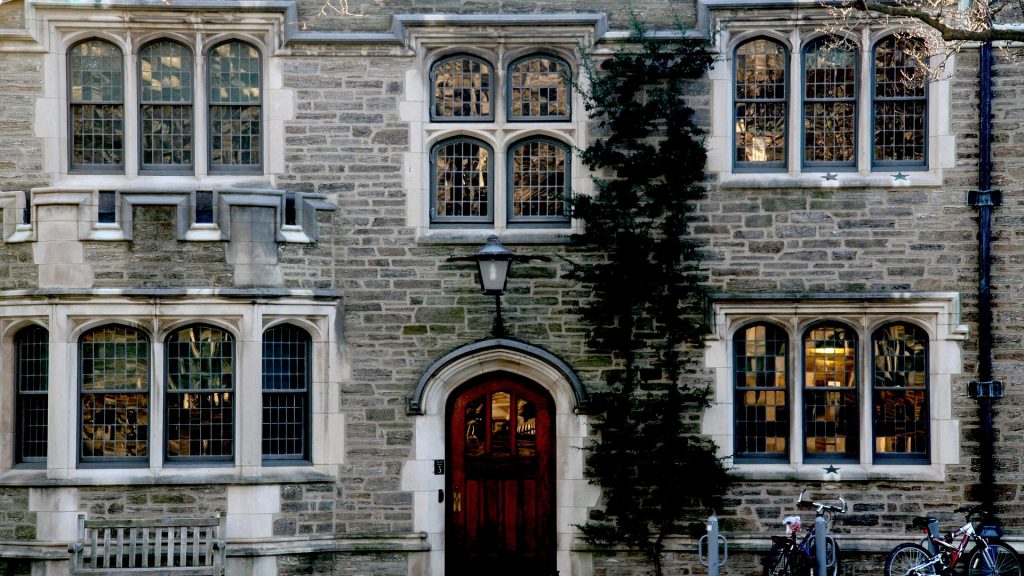September Monthly Action Plan – By Grade
Seniors
- Welcome to senior year! Your grades this fall are important, but you also need to keep making progress on your apps and complete any remaining testing if applicable. It might feel like a lot to juggle, but you’ve got this! My biggest piece of advice is to keep moving forward.
- Meet with your school counselor to discuss your counselor letter, finalize your college list, confirm your teacher recommendations, and go over your application strategy. ost early deadlines are November 1 or later, but a few schools have mid-October deadlines. Plan on submitting ALL applications well in advance of deadlines. To me, well in advance means at least 1-3 weeks ahead of time.
- Keep writing! If you started essays this summer, you should have quite a few completed by this time. Please do not save essay writing (or any part of this process) for the last minute.
- Talk to your letter of recommendation writers and make sure they are aware of your early deadlines.
- Continue connecting with students, faculty, and staff. Remember to interview where applicable and take lots of notes. The information you gather is often perfect material for supplemental “Why School” essays and interest letters after you apply!
- If your school hosts a college fair or individual college visits (even virtually!), please attend and meet the reps from the schools on your list. If you have already met them, it is still beneficial to stop by and say hello to demonstrate interest.
- Continue to visit colleges virtually and show interest!
- Prep for interviews. Remember, if the schools on your list have on-campus or local interviews that are candidate-initiated, you must schedule them. Check the schools on your list. All of this information is provided on schools’ admissions websites.
- Remember to send schools your official test scores (ACT, SAT, SAT Subject Tests). Self-reported scores on applications are not official scores.
- Remember to read the application instructions for the schools on your list.
- Keep writing essays!
Juniors
- If your school hosts a college fair or individual college visits (virtually this year in many cases!), please attend and meet the reps from the schools that might be on your list. Be sure to send them a follow-up email thanking them for their time.
- Now is the time to plan the rest of junior year in terms of testing. When will you take the ACT or SAT? Will you need SAT Subject Tests? How many and which ones? When might you take them? Have you started formal test prep? Now is the time to start!
- Although I do not suggest formally prepping for the PSAT, if you would like to get a sense of what is on the test, you can read more here: https://
collegereadiness.collegeboard. org/psat-nmsqt-psat-10/ practice - Meet with your school guidance counselor. S/he will write one of your letters of recommendation for college, and it’s a much more personal letter if you know each other. Talk about your plans for this year and next year; let them know about your preliminary college list, any visits you have scheduled, and your testing plan.
- Visit the websites of the schools you are interested in, and explore the admissions and academics pages. Start to think about your major(s) of interest and how the activities you are involved in support these interests. If possible, we want to determine what major(s) options you will list on your applications sooner rather than later so you can best prepare yourself for talking about these interests in your apps. If you need suggestions for activities based on your interests (for example, Coursera courses, independent projects, etc.), let us know—we help with this!
- Fall is a great time to visit colleges, so plan at least one virtual tour per week!
- Do you have a plan in place to get more involved with any of your extracurricular activities? Look for leadership opportunities in school clubs and activities outside of school too. Remember, leadership is far more than leading a school club or sports team.
Sophomores and Freshmen
- An impressive academic record is the most important admissions factor at most colleges. A rigorous course schedule shows intellectual curiosity, a willingness to challenge yourself, and that you are comfortable with hard work. Your number one priority this year should be your grades!
- If you haven’t done so already, get involved in activities in your area(s) of interest both inside and outside of school. Most colleges prefer to see fewer activities, but in which you are involved in a significant, meaningful way.
- Many schools allow 10th graders to take a practice PSAT. The experience of taking the PSAT as a sophomore will give you a sense of what to expect on future exams. However, you don’t need to prep for it.
- Schedule a meeting to discuss your high school game plan with your guidance counselor. Talk to them about how the first few weeks of classes go, and if you need to make any adjustments to your schedule.
- Independent reading matters. Regular reading of articles and editorials (e.g. New York Times, Wall Street Journal, The Economist) in addition to studying vocabulary lists and signing up for “Word/Article/SAT Question of the Day” can have a significant positive impact on standardized testing and your writing. Colleges love readers!
*Stay in the know! Subscribe*








